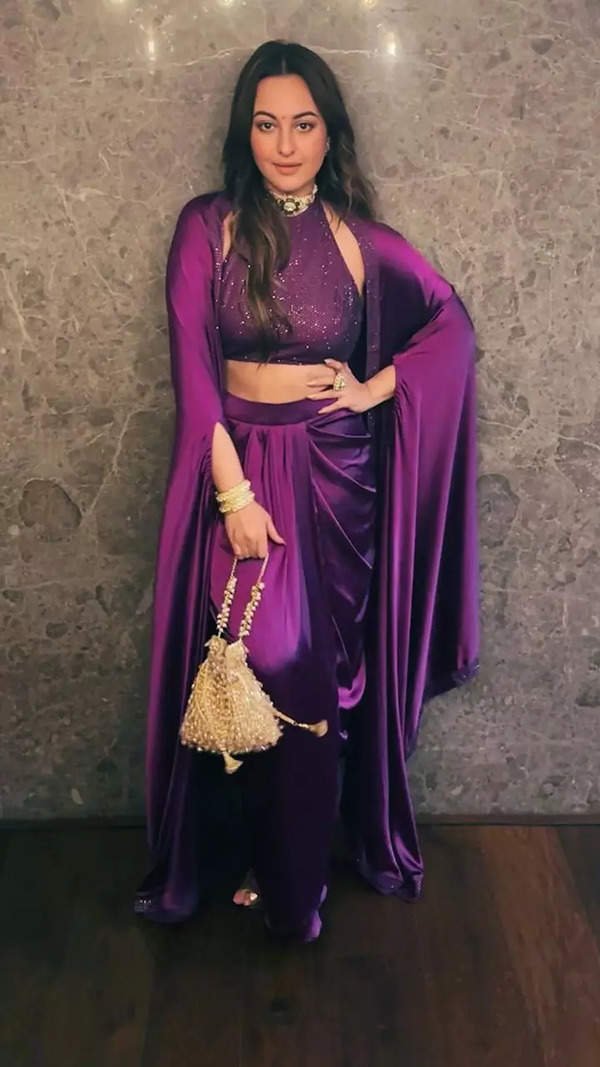Trending
This story is from December 7, 2018
‘How can anyone get publicity by narrating their stories of sexual harassment?’
It has been an eventful year for Sushant Divgikar. Some of the defining moments have been the legalisation of homosexuality in India and him getting an opportunity to showcase his singing prowess as his alter ego Rani Ko-He-Noor, on Sa Re Ga Ma Pa.


Sushant Divgikar and Rani Ko-He-Noor. How do you handle both?
(Laughs) We are very much alike but I would say that Sushant can only aspire to be as fabulous as Rani. She, as a drag queen, is extremely versatile in terms of performance. She can sing, dance, she is funny and gorgeous. Sushant is also a queen and so, we are match made in heaven.
What is the story behind Rani?
She came into the existence because of Keshav Suri. He came up with the name and the idea that I should perform as a drag queen. I have been mainstreaming as drag in a popular night club chain in the country and now got an opportunity to showcase Rani’s avatar on prime time television.

You are considered a gay icon. So, after Section 377 was decriminalised, what is to follow, in your opinion?
For any society to progress, people need to be comfortable in their skin and the environment has to be conducive. However, the real battle for equality starts now, as we have to bring about a change in people’s mindsets. We have to start educating kids to root out homophobia.
When you were a kid, the environment must have been very different... Interestingly, there was absolutely no drama in my coming out story. My parents were extremely accepting. They told me that you are not our straight son or gay son, you are just our son, and if anybody has a problem with you, that’s their problem.
With the #MeToo movement gaining momentum, isn’t it important for all of us to speak up in unison against sexual harassment?
Absolutely. More power to those who are coming out with their harrowing stories of sexual harassment. What saddens me is the fact that they (the survivors) are being criticised. People who are criticising the #MeToo movement should be ashamed of themselves. How can anyone get publicity by narrating their stories of sexual harassment?
End of Article
FOLLOW US ON SOCIAL MEDIA








